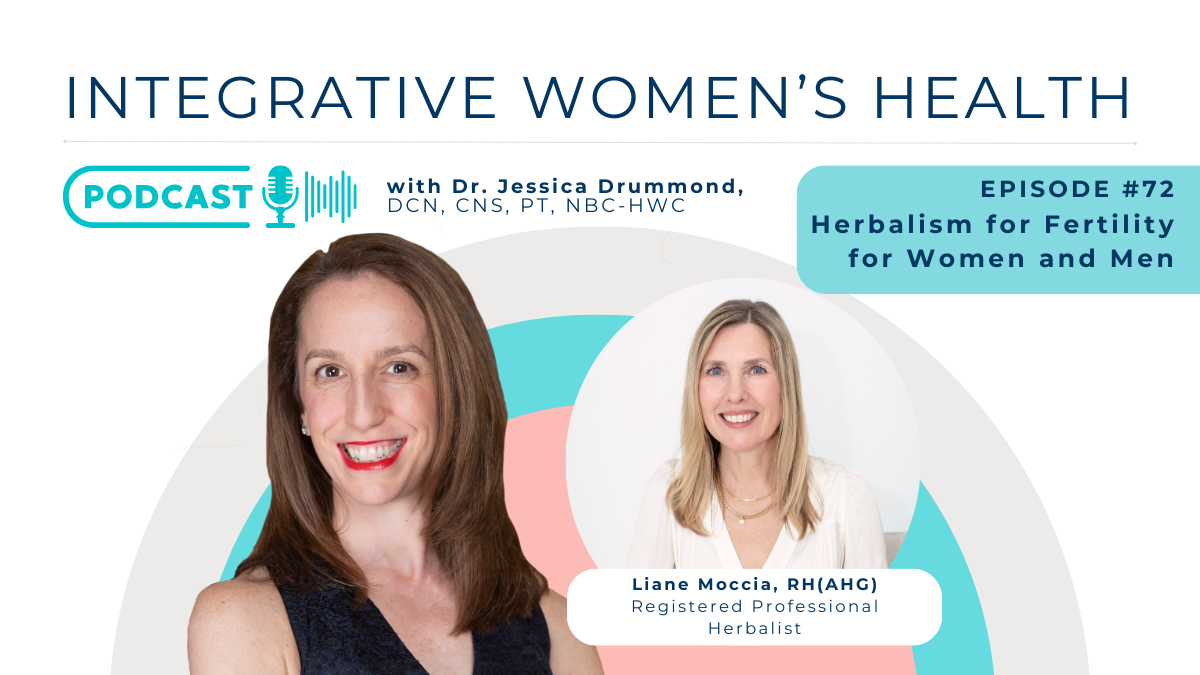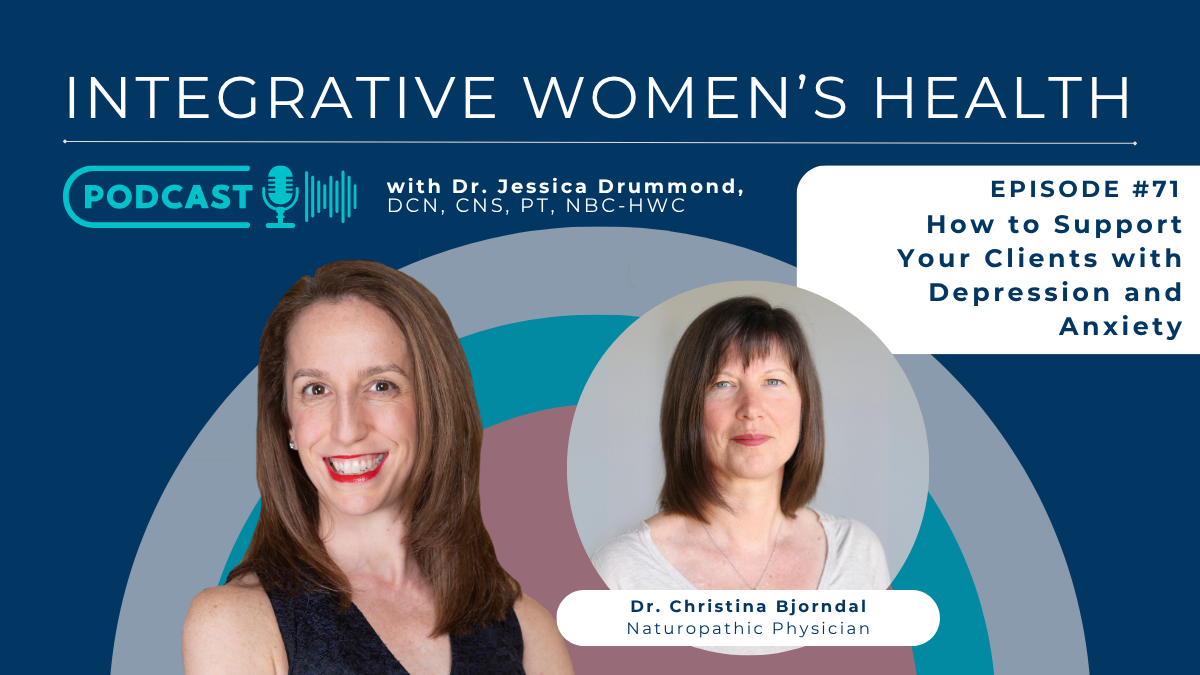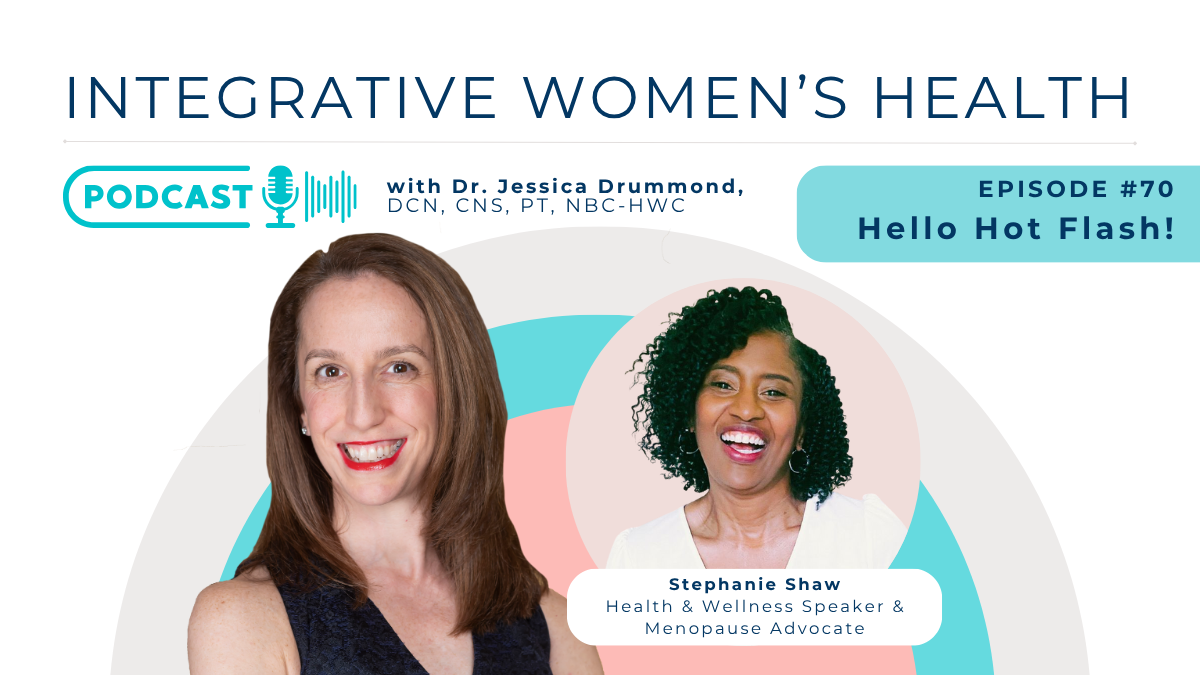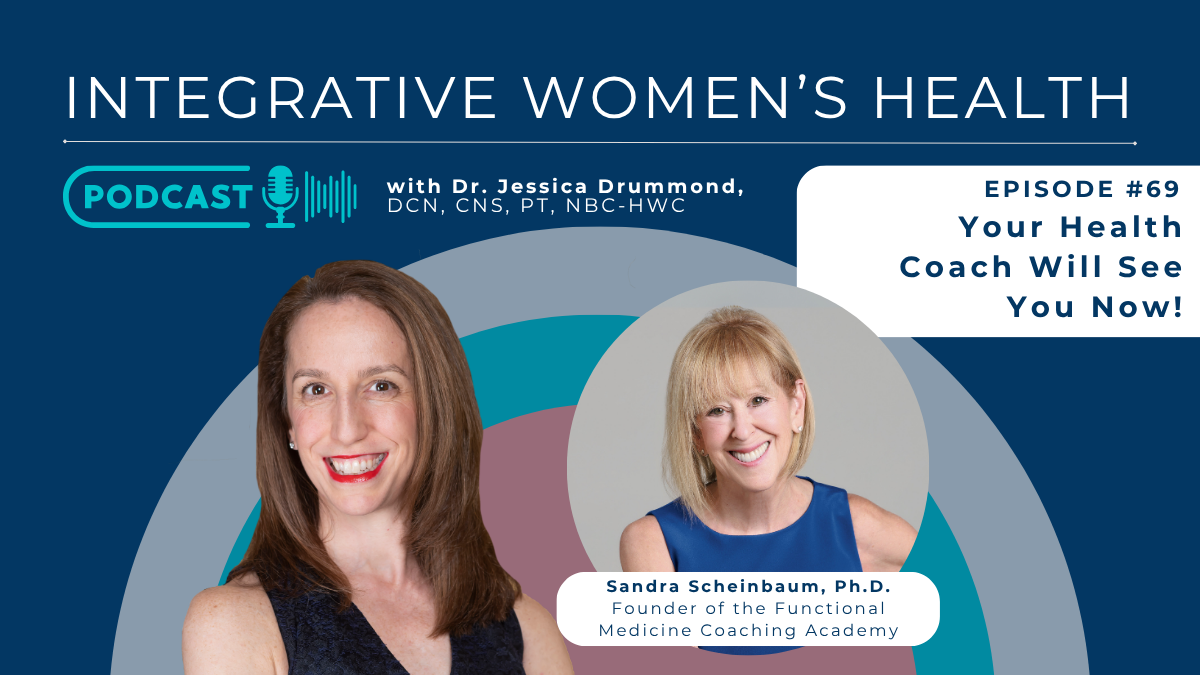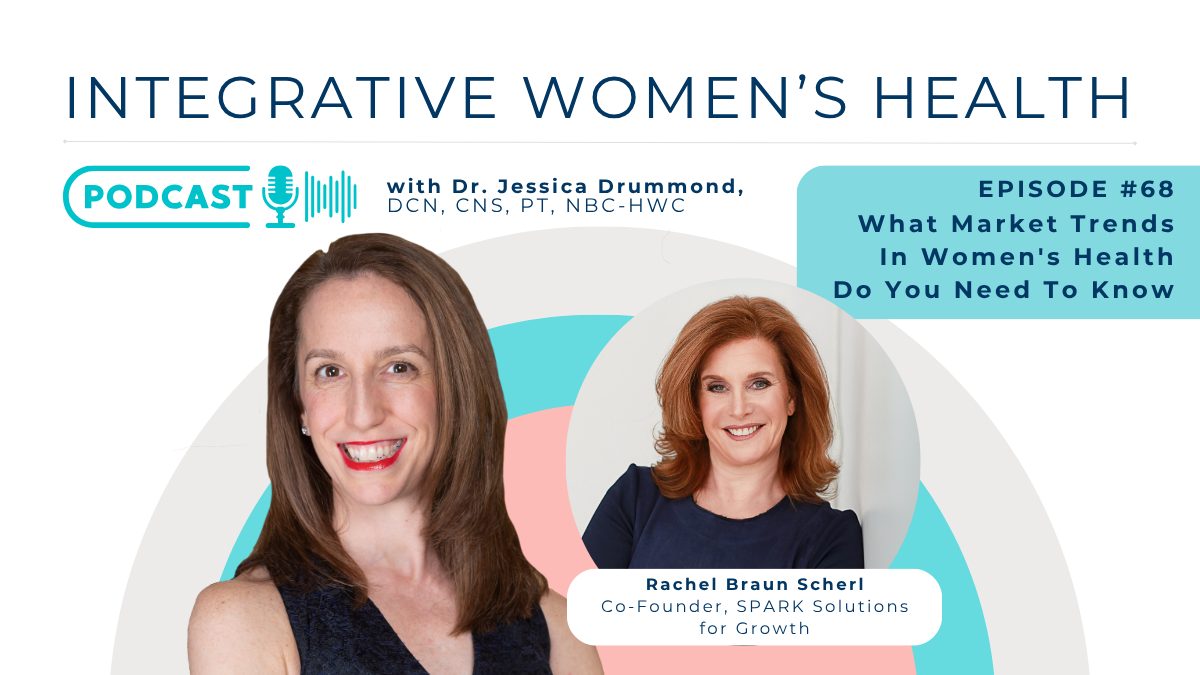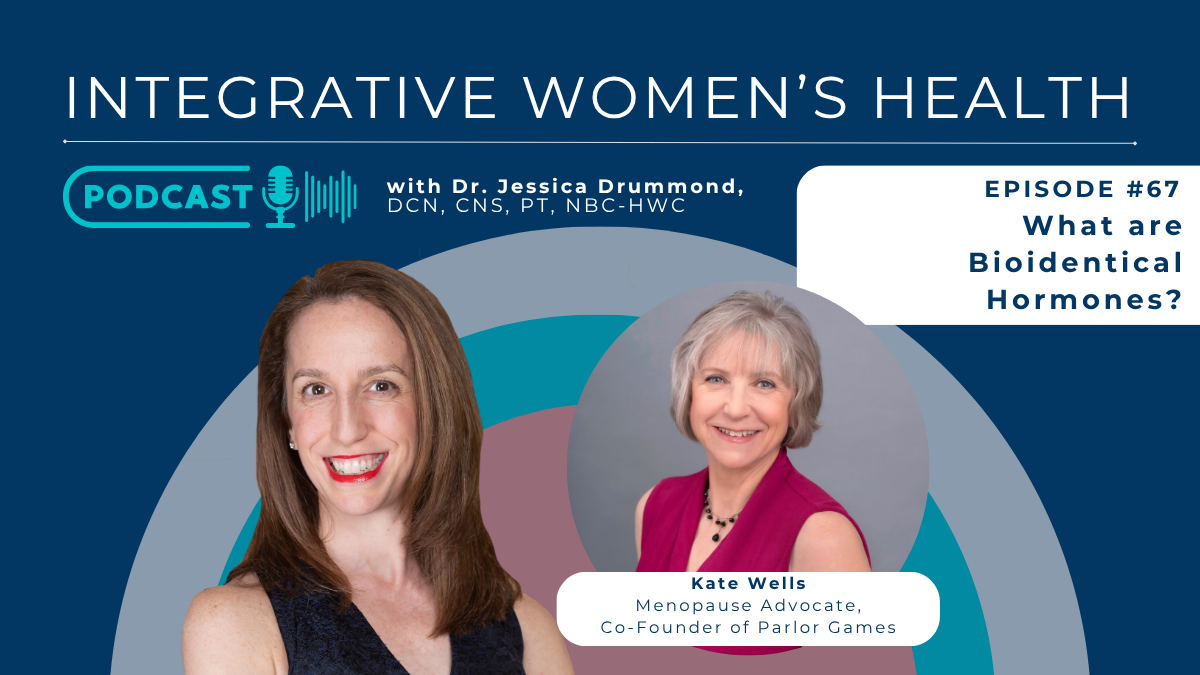For moms and parents in your practice who decide to breastfeed, there is so much that you can do to encourage them to build a healthy breast milk supply.

“I make milk. What’s your superpower?” – Unknown
Supporting your clients to build a healthy breast milk supply is beneficial to the newborn babies as well as the mom or breastfeeding parent.
There are several factors to building a healthy breast milk supply.
Optimizing the early feeding environment is essential to reducing the baby’s long-term risks for obesity, diabetes, and other manifestations of metabolic syndrome.
Breastfeeding provides babies with nutrient-dense food, a food that is high in immune factors, and that which is high in beneficial microbes, including Bifidobacteria which has been shown to be positively associated with improved glucose tolerance (1).
In addition, babies with high levels of Bifidobacteria, have less risk for obesity and chronic inflammation.
Breastfed babies also have high levels of beneficial Lactobacillus, while formula-fed babies have more complex and varied microbiota which contain fewer beneficial bacteria.
The great news is that for a breastfeeding mom or parent to build healthy breast milk microbiota, the symbiotic bacteria in the breast milk, they simply need to optimize their own gut microbiota, the symbiotic bacteria in their digestive system.
A healthy maternal gut microbiome is important for optimal postpartum recovery, physically and mentally for the mom or birthing parent, and a strong foundational immune health for the baby.
If you’re newly postpartum and have healthy gut microbiota you have a lower risk for chronic inflammation and stronger digestive health.
This is great news for the mom/parent, as emerging evidence shows promise for healthy gut microbiota to be protective against the consequences of chronic inflammation and leaky gut, such as allergies, and postpartum autoimmune issues, such as thyroiditis, interstitial cystitis, and rheumatoid arthritis. In addition to postpartum depression.
This is all great news, but with so much debate on what breastfeeding parents should be eating, how can we counsel our post-partum clients to eat and take care of themselves?
Are you looking to support breastfeeding moms? Click here to learn more about how you can help breastfeeding moms as your career.

How can we help breastfeeding clients optimize their gut health and build a nourishing, healthy breast milk supply?
Get support.
That’s right, my first recommendation is not even about food.
It’s about putting a support network in place, ideally before the baby arrives, that will allow the new mom or birthing parent to eat well, get plenty of rest, and bond with their baby with the least stress and the most joy.
Who would your patient or client like to have around for support after the baby is born?
What kind of support is important for their well-being?
Would it be helpful to see a lactation consultant?
A therapist who specializes in post-partum anxiety and depression?
Would it be helpful to have someone who can cook, clean, and take care of the house while they are busy caring for the baby around the clock?
Maybe someone to clean their breast pump and change dirty diapers? Perhaps help at night and a freezer full of casseroles?
In this pandemic age, can some of the support be offered through apps, local food delivery resources, neighborhood teenagers, or other low-risk support strategies?
Everyone’s individual needs are different, and as a certified health coach is to help our responsibility to ask our clients questions like this to help them build their own personalized, ideal support system.
Being supported, feeling safe, and having their needs met is a crucial first step to producing a healthy breast milk supply.
Empower your client to ask for and receive help.
Encourage them to really consider the depth of the resources that are available. Often the resources are there, people just have not had the experience of deeply receiving that level of help, so it is unfamiliar.
Who (or what!) else can be a part of the Web of Support for those unexpected times when your client needs to reach out for emotional support, a home-cooked meal, or an extra set of hands to hold the baby for a few minutes of quiet?
Recommended Resources & Web of Support Tools
- Instacart is a great option for grocery delivery.
- Free delivery from Walmart
- Amazon Fresh and Amazon Pantry
- Thrive Market
- TaskRabbit – Hire someone to come help you with a task.
Don’t forget that until very recently, mothers delivered and raised babies in a community environment.
It is unnatural to expect any one woman or person to birth a baby, nurse the baby, recover from pregnancy and delivery, and care for a household and other children, in isolation and without help.
Think of your clients and patients who have had C-Sections.
Is there any other time after major abdominal surgery, when we send a person home without any recovery assistance?
With the expectation that the patient will also care for a helpless infant 24/7 for the next several months without help?
Without good support, the nutrition recommendations below are likely going to be impossible for your client or patient to implement.
Eat much less sugar and much more nutrient-dense food to build a healthy breast milk supply.
The goal here is simply to feed the postpartum woman beneficial bacteria the nutrients that they need and to starve the infectious bacteria of the sugar and starches that they crave.
Moms should be encouraged to eat a diet high in clean protein (animal protein is optimal if they are not ethically opposed because of the benefits to their recovering connective tissue), high in beneficial fats like coconut oil, avocado, olive oil, grass-fed butter or ghee, and nuts and seeds, and high in a variety of vegetables.
Eat probiotic foods, and/or take high-quality probiotic supplements.
Eating probiotic foods and taking probiotic supplements helps to add beneficial bacteria to mom’s digestive microbiota.
My favorite, simple recommendation is to add two forks full of sauerkraut every morning to breakfast. (I like hearty, savory breakfasts for postpartum moms like veggie omelets, or leftover stews.) My personal favorite brands of probiotic sauerkraut are Bubbies and Farmhouse Culture
What’s the clinical take-home message here for building a healthy breast milk supply?
Empower your postpartum clients to put good support systems in place and recommend that they practice receiving help.
Having the support that she needs will allow her to eat delicious, nutrient-dense foods (without stress) that will nourish her body and provide her baby with the best possible breast milk supply.
Give her recipes and help her to find local restaurants to make the process easier.
Providing a postpartum wellness group digital program in your practice will provide a valuable emotional and practical support resource for all of the new moms in your community.
Read More Pregnancy & Post-Partum Blogs
- The Ultimate Guide to Picking a Prenatal Vitamin
- The Role of Pelvic Rehabilitation in Chronic Pelvic Pain
- The Ultimate Guide to Preconception & Optimizing Your Fertility: Part 1
- Is there an IVF (In-Vitro Fertilization) Diet to Improve Success?
References:
- Thompson, AL (2012) Developmental origins of obesity: Early feeding environments, infant growth, and the intestinal microbiome. American Journal of Human Biology 24:350-260.


